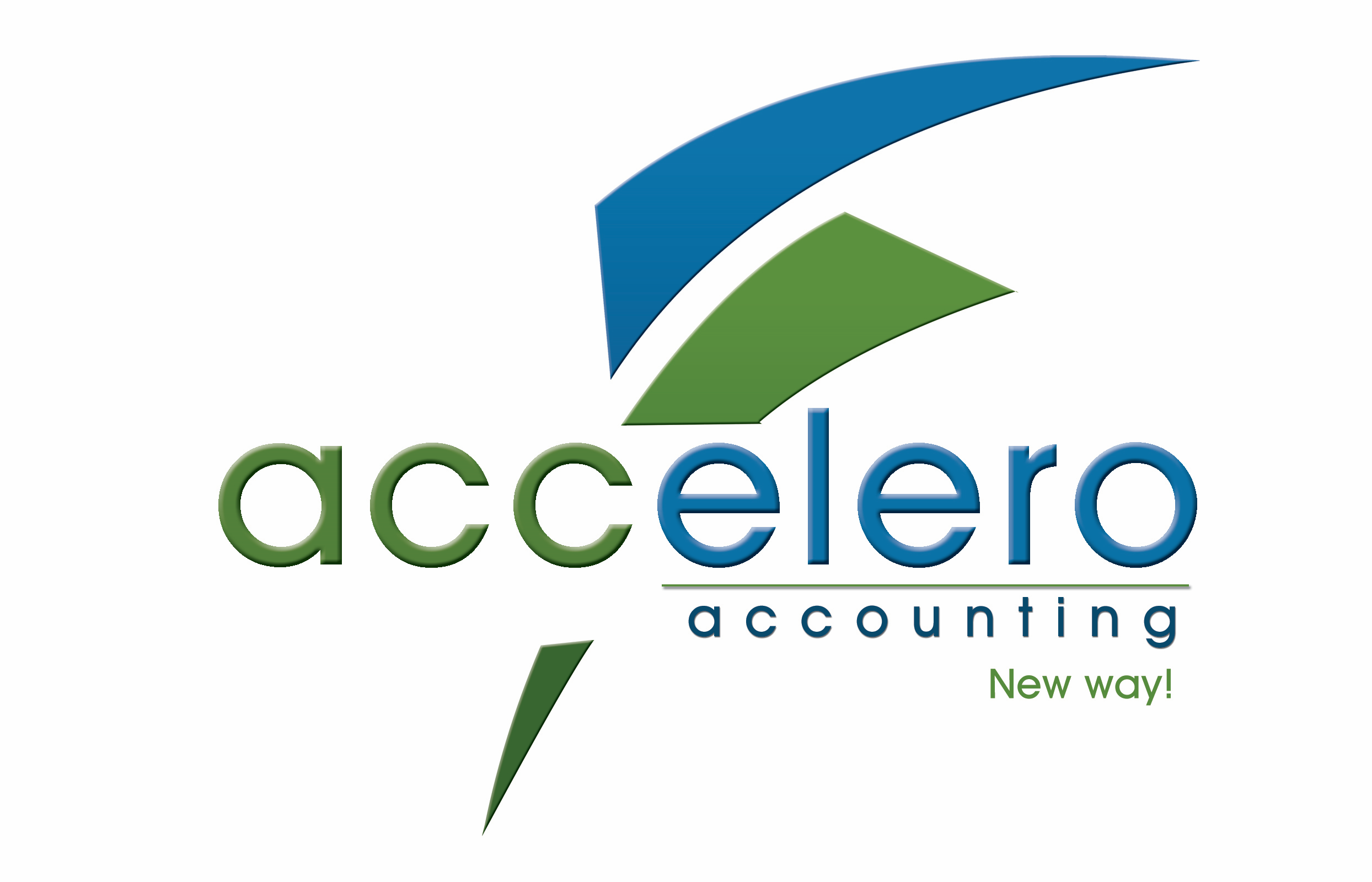Green Accounting-
A Movement Towards Sustainability
What is this “Green Accounting” that we’re hearing about? Is it important to your company?
“Green Accounting” is a term used to describe accounting practices which attempt to factor environmental costs into the financial results of a company’s, or a country’s operations.
The term “Green Accounting” first came into common use because of economist Professor Peter Wood, more than twenty years ago. At that time, Wood was among those who argued that the “gross domestic product” measure ignored the environment and our impact on it, and thus decision-makers needed a revised model of financial condition, one that incorporated “green accounting” or “green national accounting” into the mix. “Green Accounting” aims to help us all measure the true costs of our “operations” on the earth, and to track the sustainability of our way of life on this little green planet.
“Green Accounting practices” can include reducing a company’s consumption of natural resources. Some companies focus on using less paper, “going paperless” as much as possible, and many support their employees in telecommuting, which saves time, uses smaller quantities of natural resources, and produces less environmental pollution.
On a larger scale, countries are being urged to do “Green Accounting,” which integrates environmental and economic accounting, and is also known as “Green Accounting .” The United Nations Environmental Program is doing extensive work in this area, and provides many resources to assist countries in implementing and using a wide array of tools and analytical measures for engaging in national “Green Accounting.”
Growing pressures on the environment and increasing worldwide environmental awareness have emphasized the importance of having countries attempt to accurately value and account for their assorted environmental and natural resources, as a means of formulating appropriate and sustainable economic, trade and social policies.
Existing systems of national “accounts” seldom take account of the impacts of economic and trade activities on natural resources. These traditional national accounts have included physical capital as an asset that depreciates over time, but they ignore the depletion of natural resources, or “natural capital,” and treat these resources merely as sources of current income. Likewise, conventional national accounts do not reflect important social factors such as income distribution or poverty eradication. To provide the appropriate policy makers with more accurate information on their national progress towards sustainability on all levels, it is important to integrate the physical environment into national accounts.
The System of Integrated Environmental and Economic Accounting (SEEA) is a tool that helps interested parties and countries track environmental degradation and natural resource depletion.
And, here are some additional “Green Accounting” points to ponder from The Native Forest Council of Eugene, Oregon:
“Yet some would argue that (even adding in) environmental accounting doesn’t go far enough. Redefining Progress, a San Francisco-based progressive think tank, maintains that we also need to incorporate activities such as crime and divorce as negatives and community life and volunteer activity as positives in a true measure of well-being–a ‘genuine progress indicator.’ Maybe so. After all, we tend to treasure what we measure.” Time will tell how “Green” we are willing and able to make our personal, corporate, and national accounting. Today, “Green Accounting” is on the rise in the USA and around the earth.


